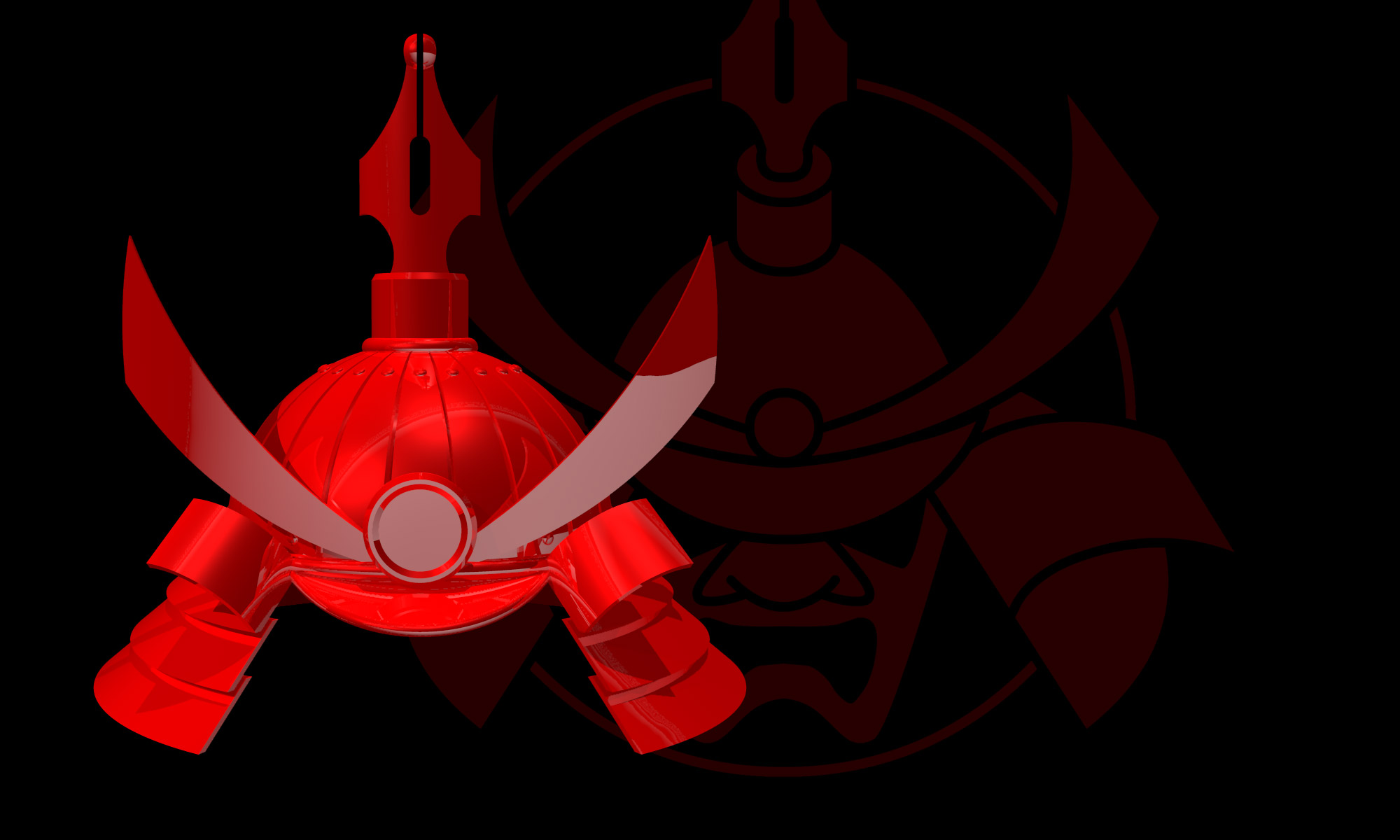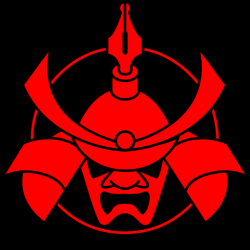We like to think that martial arts typically develop out of military or oppressive environments (that is, they arose to facilitate the work of soldiers, or the rugged people who were opposing them). This is a deadly serious and full-time occupation. Neither soldiers nor the oppressed peoples in this scenario would likely be described as hobbyists.
But in the modern word, to the vast majority of people who practice them, the martial arts emphatically are a hobby. Ellis Amdur has written eloquently on this topic, and has reasonably yet provocatively asserted that if you're not comfortable calling what you do a hobby, then you have an attitude problem. I know lots of people (and see a great deal more) who practice the martial arts who would be uncomfortable with this. Personally I suspect that it's less of a problem amongst the readers of Fudebakudo, because by embracing the Way of the Exploding Pen, you are pretty much acknowledging the silliness of a lot of what passes for fact and acceptable behaviour in the martial world. But perhaps I'm wrong and there are Fudebakudo practitioners who genuinely believe their martial art is a Way of Life. I can think of a handful of individuals for whom such a claim might actually be true (inevitably, though, none of them would be so pretentious as to state it in the first place).
Although I am not a nun and never have been one (bear with me on this), I have an opinion about "Way of Life" because I did work with nuns for a few years, and the contrast was stark. Being a nun is a Way of Life. Going to kickboxing or aikido or t'ai chi classes three evenings a week — or, yes, even if you do it for three months at the Shaolin temple — is a hobby. Even most professional martial arts teachers (and already you have to wonder, in most cases, what went wrong with their proper jobs) are teaching a hobby. Stamp collecting is arguably a way of life for the philatelists at Christies auction house, and it has a genuine and functional history; but still it's a hobby, even if there are a handful of professionals who are supported by it, and thousands of pounds change hands every month in its name.
Here's the nub of the matter: being a nutter is a way of life. I think that's what a lot of people are confused about when they say that their chosen martial art is a way of life.
None of this in any way diminishes the value that the practice of a martial art may bring. Certainly my own practice has had a massive influence of how I have developed as an adult, where I have lived, the people I have met and the way I relate to them. But that's simply how influential hobbies can be. (As an aside, I think it could be fairly easily argued that throughout the Edo period in Japan the martial arts were often pretty much an institionalised hobby amongst the samurai classes, although with ritual and caste clouding the comparison a little).
Anyway . . . the relative unimportance of a hobby compared to a way of life is at its most stark when politics arise. Someone or some organisation decides to explicitly influence the way you behave. If it's benign, this means you practice in a structured and organised micro-society of hobbyists. If it's not, then this is where the trouble starts.
That's why the mantra of "it's only a hobby" is one that can serve as an important reality checkpoint. Sooner or later (later, if you're lucky) you find yourself having to deal with someone who is exercising maverick power over you, an influence beyond that to which you thought you had subscribed. Most people who have practiced seriously in the martial arts, even within the native countries of those arts, have run up against behaviour which in a place of work — or a public situation — would be seen as unacceptably tyrannical. But in the martial arts there is a dangerous potential combination of machismo and superiority and it's sadly common. Sometimes it's laughable, sometimes it's appalling.
I mention all this — not, as you might expect, because I have just witnessed a mind-numbing example of political shenanigans in the martial arts (I haven't; well, not recently, but we all have stories, of course, and — like buses — you only have to wait a while and another one is bound to turn up) — but because of a wonderful quote that I came across in the "Twisto book" Judith sent me this month. Some explanation: Judith has the unqiue honour of being the hidari-peiji proofreader of the Fudebakudo book (a bizarre experience I should document here one day). You're thinking, wow, it doesn't get much more distinguished than that; but no — for many years before that she was the editor of the Enigma, the newsletter of the National Puzzlers' League (the American NPL). Judith, or perhaps in this context I should say Sibyl, has recently put together a small book about Twisto. Twisto is the nom, that is, the pseudonym, of an exceptional member, now departed, of the NPL.
In this book, there is a throwaway exchange concerning "it's just a hobby." Yes, in the world of brain-aching cryptograms and crossword clues, just like in the parallel world of spinning kicks and wrist-locks, the ugly politics of organisation creep in, and members sometimes need reminding that their life-blood activity is in fact only a hobby. How silly the squabbling hobbyists always look from outside! (And I'm looking at you too, religious people). Anyway, after all that, here it is, attributed to Smaug (who is, by no coincidence, a senior grade in the art of Fudebakudo):
"What's in the jar?"
"Some bees."
"You collect bees?"
"That's right."
"Oh. I see there aren't any air-holes in the lid."
"That's right."
"But then the bees will suffocate and die."
"Well, it's only a hobby."

